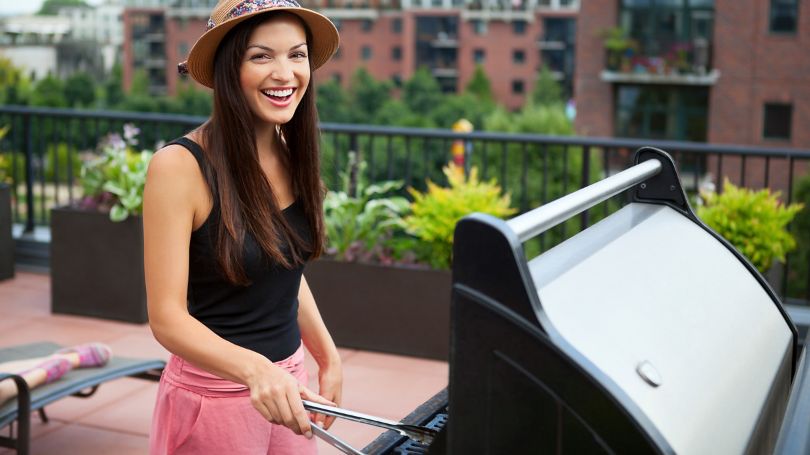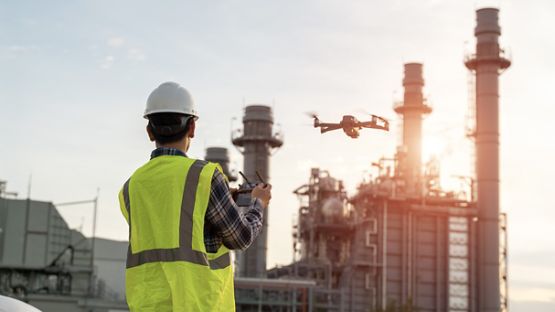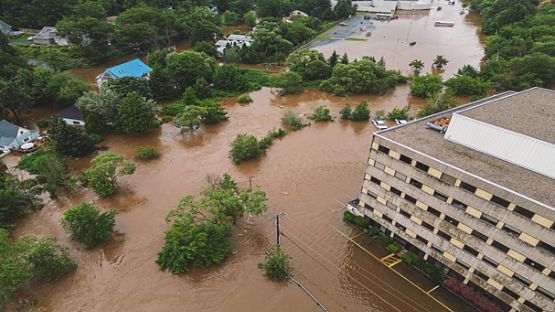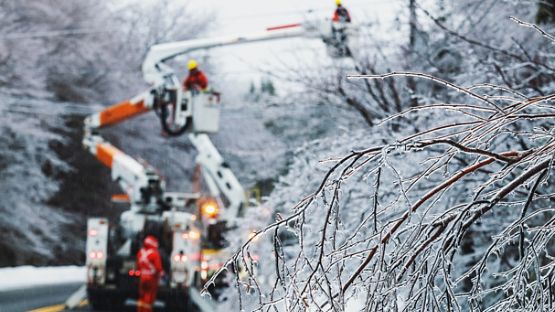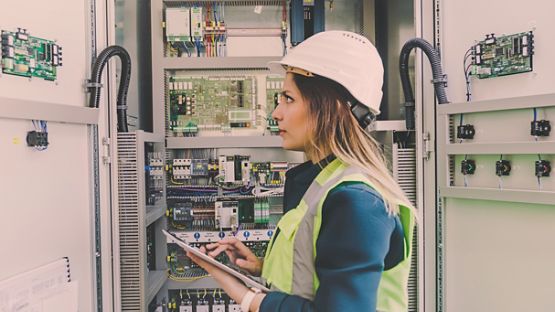Warmer weather brings outdoor pleasures like barbecuing and grilling back to life. As a commercial or residential property owner, it’s important to ensure that your building and tenants are protected from fire and other hazards associated with outdoor cooking.
Grilling safety risks
In residential buildings, the most common risks come from:
- Barbecues stored and used on balconies
- Propane tanks stored indoors
- Tenants operating a barbecue too close to combustibles, e.g. vinyl or wood exterior cladding
Rules about barbecues on balconies vary across the country. For example, the Ontario Fire Code does not specifically prohibit it, but P.E.I.’s Fire Prevention Act states that propane or charcoal barbecues aren’t allowed on apartment balconies with an overhang and must be at least 10 feet from the building. The Alberta Fire Code does not allow a solid fuel fired barbecue on the balcony of a building with more than two units.
It’s important to understand your provincial and municipal rules for grilling and fire safety. If you can prohibit barbecues on balconies, most fire marshals advise doing so to prevent any safety risk. A small fire can easily get out of control and cause damage to several units or the entire building.
Create a barbecue policy for your building
Whether or not you can allow barbecues on balconies, it’s helpful to establish and communicate the rules of operating barbecues in your building. You may consider:
- Providing a secure common area on the property where residents can use a common barbecue – and ensuring there’s an ABC type fire extinguisher located near it.
- Investing in a natural gas barbecue with a permanent connection to avoid handling propane tanks OR providing a lockable, exterior storage area at ground level for propane cylinders.
- Inspecting and testing gas connections for leaks on a regular basis.
You may share your policy by email and other tenant communications but be sure to post hard copies in high-traffic areas during the spring and summer.
General safety tips when you grill
Along with your barbecue policy, it’s helpful to provide safety tips so tenants and their visitors are clear on how they can reduce their risk when using their own or a communal barbecue.
Barbecue safety reminders
- Never operate a barbecue in an enclosed space (such as inside the building), close to a structure or near combustibles that could cause a fire risk.
- Keep your BBQ in tip-top shape. A lot can happen over the winter like hose breakage and valve leaks. Carefully inspect every part before securing the tank well and turning the gas on.
- Only use your BBQ in a well-ventilated area and keep a one-meter radius around it free of obstructions. When in use, never leave the grill unattended. When finished, turn the tank off before the burners so the remaining gas in the lines can burn off. This can help prevent a flash the next time the BBQ is in use.
- Make sure your fire extinguisher is easily accessible and in good working order. Learn more about proper fire extinguisher use.
Additional tips for gas and propane barbecues
- To make a propane leak easier to detect, propane companies add an additive to create an unpleasant odour similar to rotten eggs. If you detect it, immediately shut off supply, stop using the grill in question, and clear the area.
- When using a BBQ outdoors in a well-ventilated area, the risk of carbon monoxide poisoning is low, but not entirely eliminated. Learn to recognize the signs of carbon monoxide poisoning and take appropriate action.
- Store propane tanks in an upright position, in a spot where they are unlikely to be knocked or bumped to prevent any safety risk.
Additional tips for charcoal barbecues
- Never use gas or kerosene as a starter.
- Always allow charcoals to burn down completely and let ashes cool before disposing of them.
- Never dispose of ashes close to buildings.
Additional tips for electric barbecues
- Ensure the barbecue is plugged into a Ground Fault Circuit Interrupt (GFCI)-protected outlet.
- Inspect the cord for damage before each use.
- Do not run the cord through water.
- Do not operate the grill in the rain.
Barbecuing and grilling is a way of life for many Canadians. However, many building fires have occurred as a result of improper barbecue use. It’s critical to inform your tenants of proper barbecue use – and enforce your policy to greatly reduce the risk grills pose.
Want more information on BBQ safety?
Aviva Risk Management Solutions has professional risk consultants across Canada to provide our customers with expert advice and resources. Reach out to us at arms.canada@aviva.com.
Sources:
CondoAdviser.ca – Can I BBQ on my condo balcony?
CBC News - No barbecues on apartment balconies, says fire marshal
Canadian Red Cross blog - Beware of the silent killer: how to prevent carbon monoxide poisoning
United States Department of Labor - Electrical Incidents » Ground-Fault Circuit Interrupters (GFCI)

